We tend to perceive celebrities as people who have it easy in life. They are surrounded with glamour, luxury, and money, but as they say, sometimes there is more than meets they eye. The truth is that most of these individuals worked really hard to get to where they are today, and as everyone else, they experience struggles.
When they speak openly, however, of their problems and the issues they face, they help raise awareness of the problem in question.
Donny Osmond, 64, a famous household name we all love not only because of music, but also because of his personality, started his career as a very young child. He reached fame early in life and performed all over the country, which made him miss on his childhood. He would feel homesick and tired, but he never blamed his parents for that.
“It’s easy to blame the parent,” Donny Osmond told The Guardian. “I got over that quickly and realized my father is not perfect but he did the best he could.”
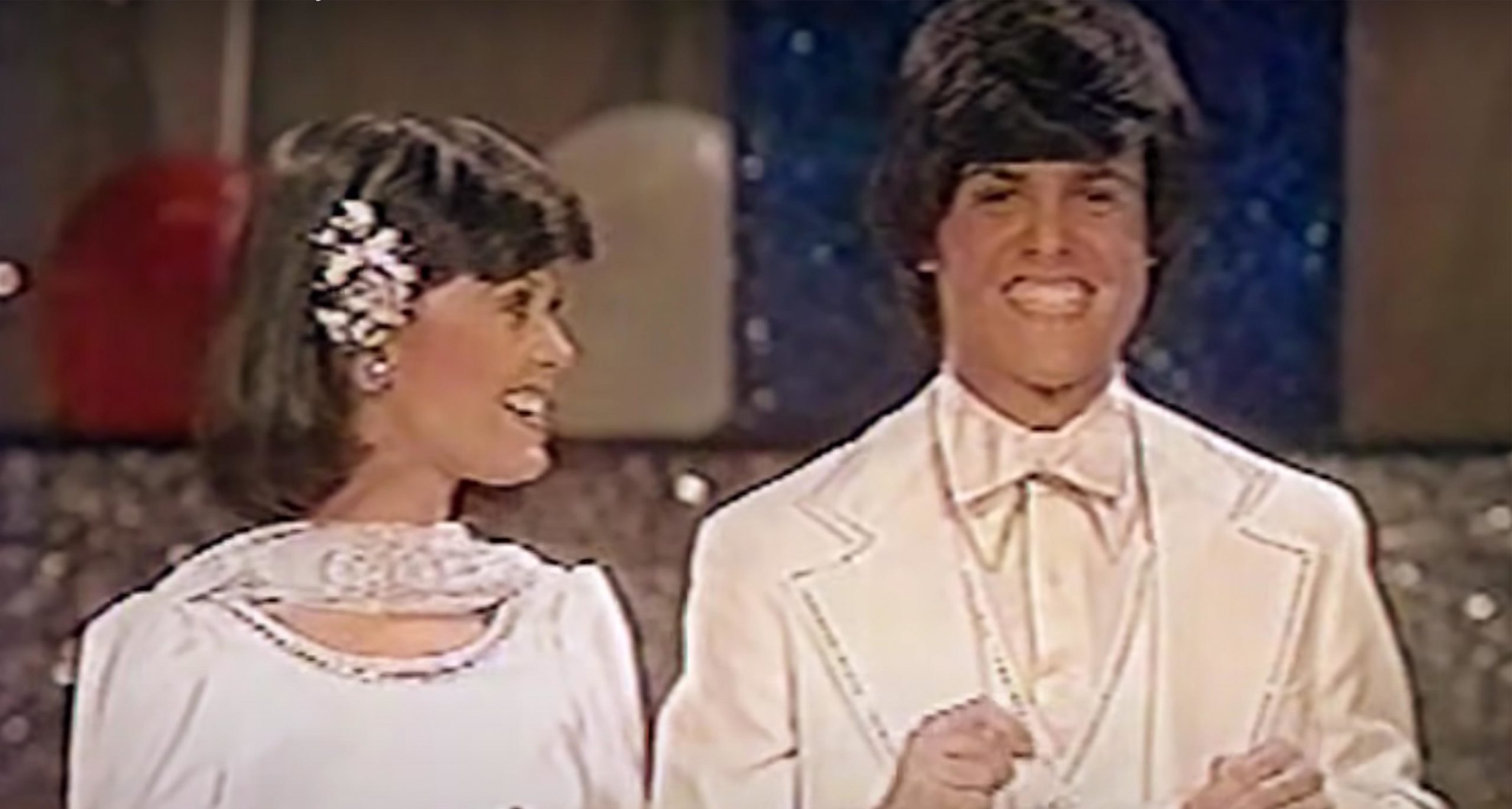
He was considered a teen idol, but it was when he started performing along with his sister Marie that they rose to international stardom. All of a sudden, all eyes were on them. As their immense popularity grew bigger and bigger, so did the pressure.
“I remember times on stage where I physically got ill. I thought ‘what is going on here? I’m going crazy,’” Donny Osmond shared with CBS.
“There were times where I had the choice to walking on stage or dying, I would’ve chosen death. It’s that scary,” he said. “Ever since I started in the business, I knew that someone is looking at me all the time, I had to be perfect.”
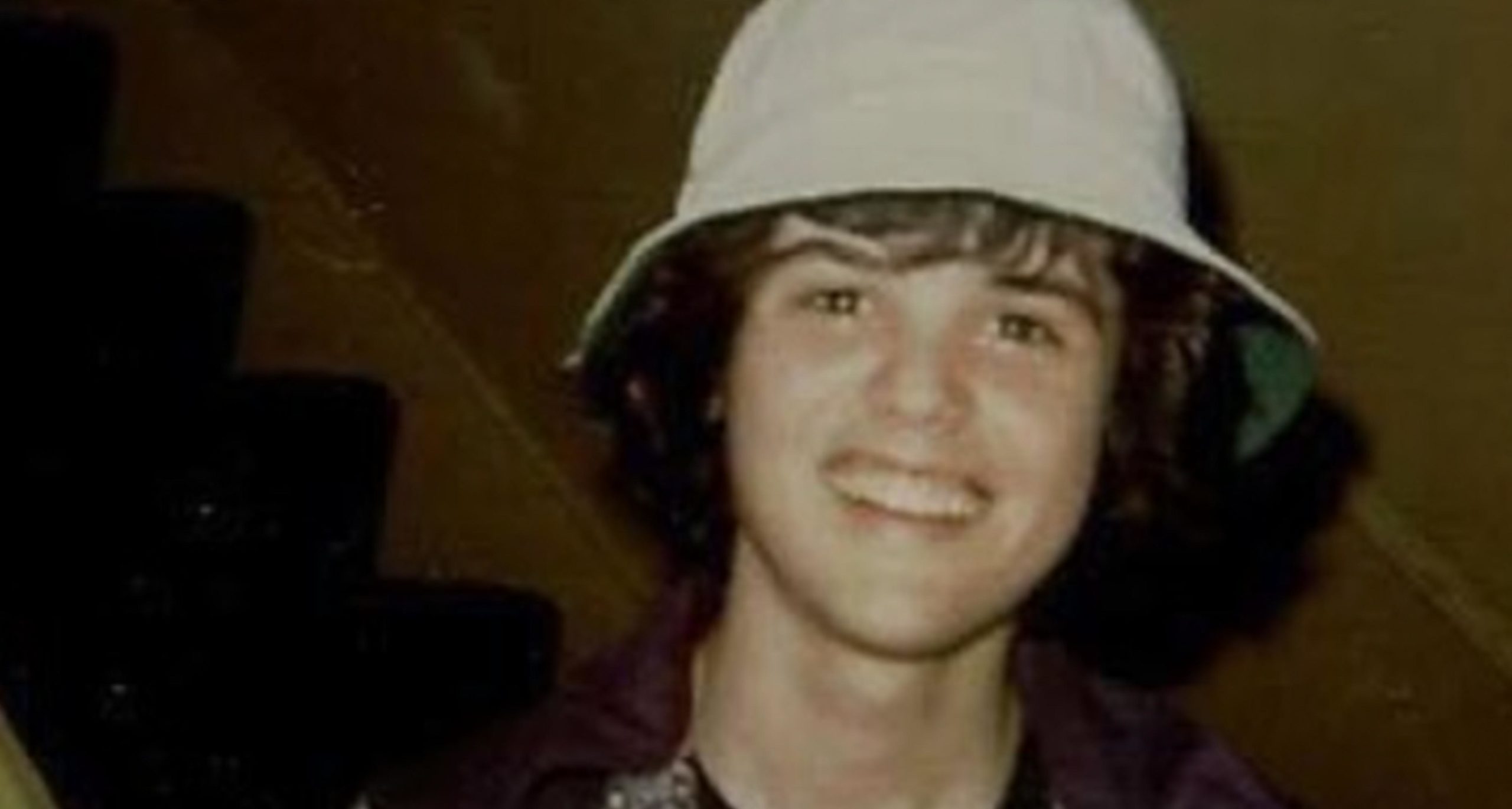
The initial collaboration between the brother and sister resulted in the hit singles, “Morning Side of the Mountain” and “I’m Leaving It All Up to You.”
Donny’s face was all over the media and the newspapers. He was dubbed an icon with millions of fans who were interested not only in his music, but his personal life as well.
In 1976, when Donny and Marie transitioned into television with the show Donny & Marie, she could feel something isn’t right with her brother.
“There were times when he was in his dressing room and he would have really difficult times,” Marie Osmond recalled. “I just thought it was stress. I don’t think he knew [what the problem was].
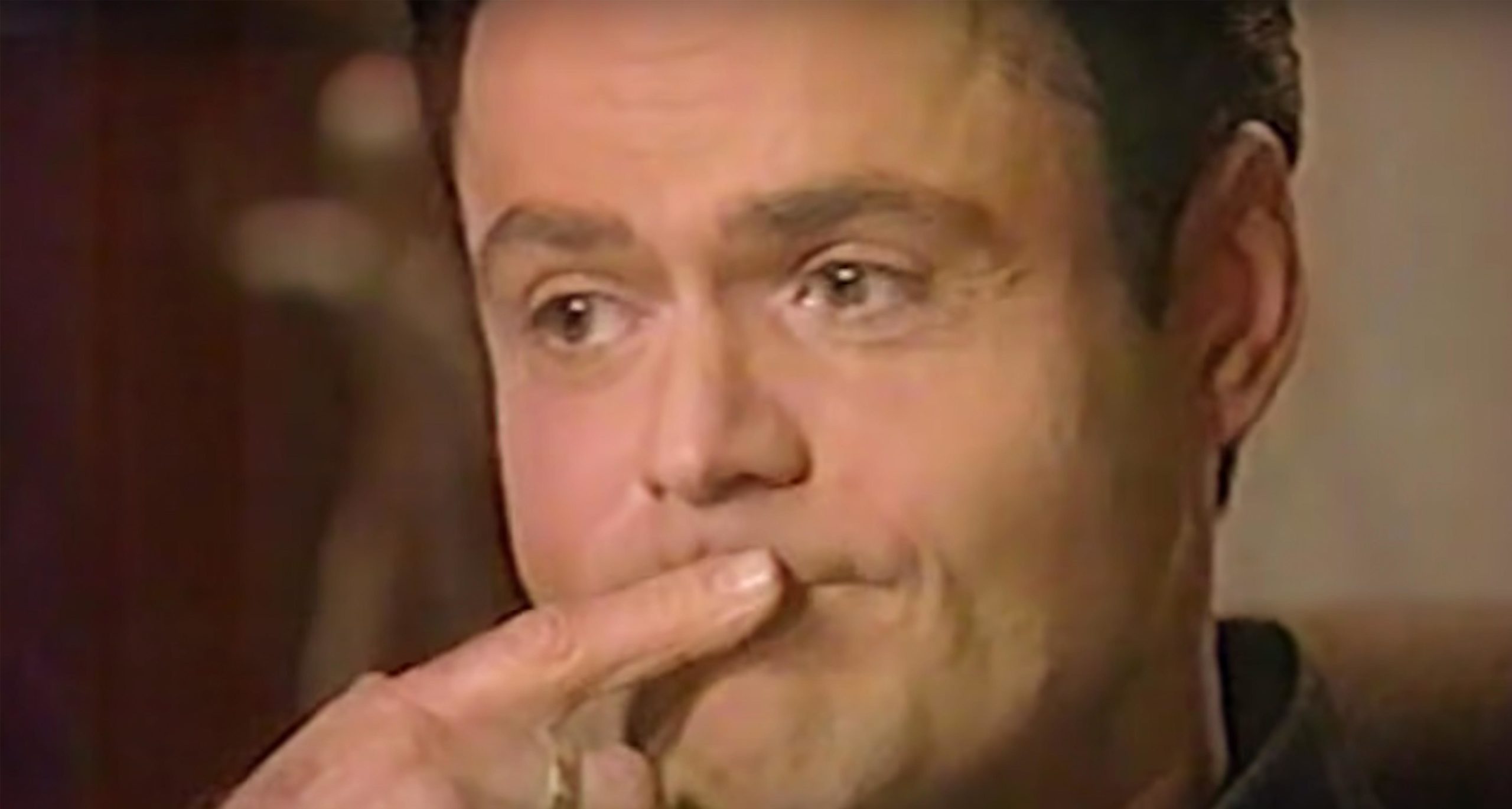
At the time he was about to pursue a solo career, Donny faced a hard time again. From being dubbed teen idol, he now neded to turn to adult audience.
He had his big breakthrough with the musical Joseph and the Amazing Technicolor Dreamcoat, and although he received great critics, stakes were higher than ever before and he faced mental struggles yet again.
He put pressure on him to be even greater than he already was by giving incredible performances every single night. During one occasion, while in Minneapolis, he suffered a panic attack. At the time, he was already married to his wife, Debra, with whom he has five sons and 12 grandchildren. She got scared for him and took him to the hospital.
“I collapsed. [I was afraid of] failing, of making a mistake,” he told CBS, recalling the event with tears in his eyes.
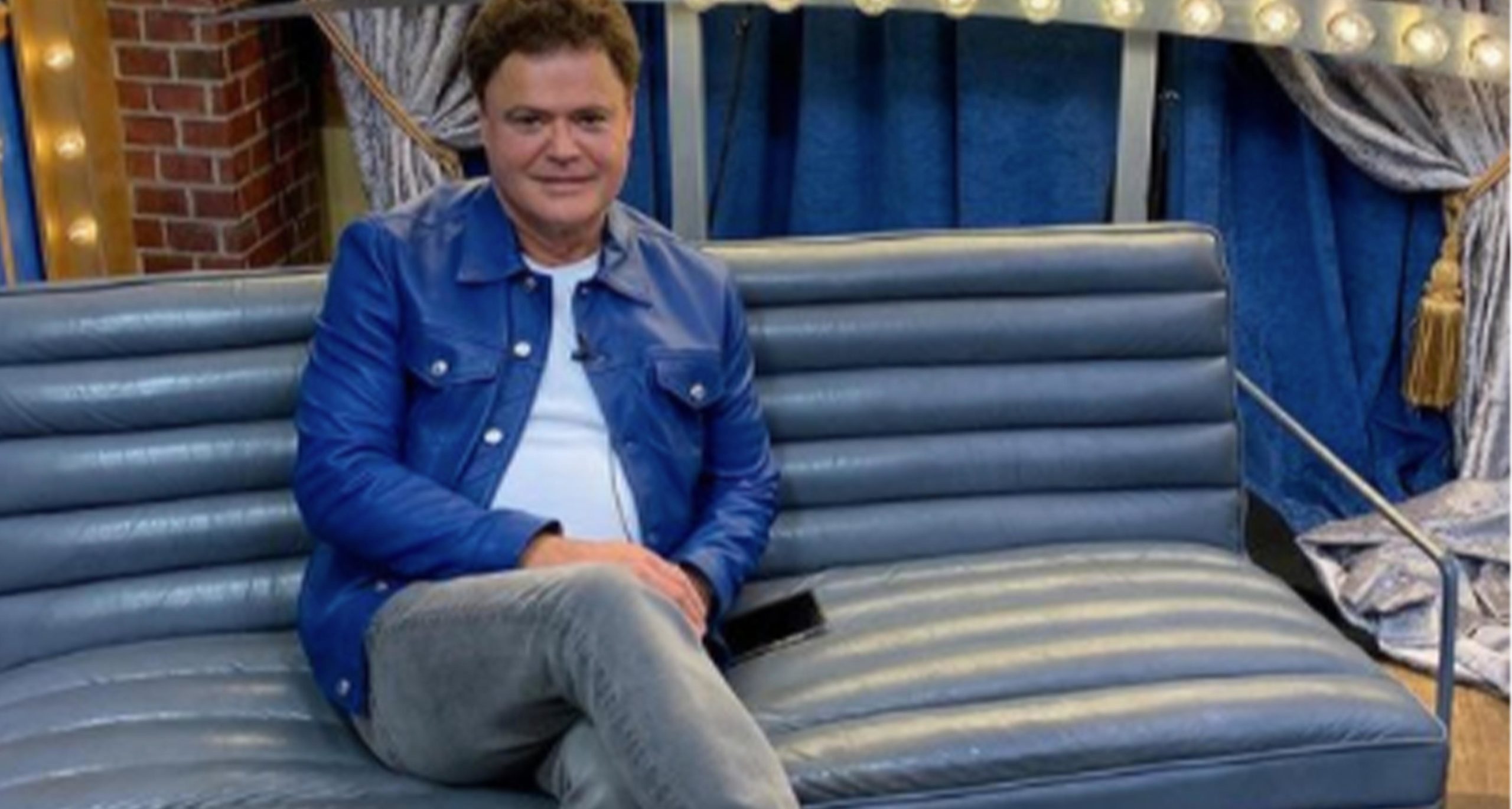
Donny received help from Jerilyn Ross, President of the Anxiety and Depression Association of America. She taught him how to relax and how to organize his thoughts through exposure therapy. Three days later, he was ready to perform again. “I don’t think you’re ever cured. I think it’s something you learn to deal with, learn to handle,” Donny explained.
Opening up about his struggles, he helped break the stigma, and that helped many who face the same struggles. For his contribution in the fight against panic attacks and his advocacy about mental health, he became an honorary member of the Anxiety and Depression Association of America’s Board of Directors back in 2004.
“I’ve talked with so many people who were unwilling to do anything about their anxiety disorder because they were too embarrassed,” Donny said, as per ADAA. “I want to let people know that they are not alone and that help is available.
“ADAA is a terrific organization and a tremendous resource. I am proud to join the ADAA board and to help in their efforts to educate people about anxiety disorders.”
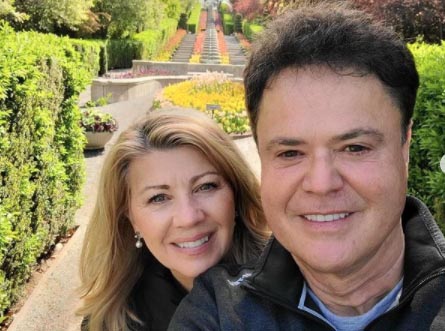
Today, Donny is still very active and loved by many. Throughout his life, he had ups and downs, but he tends to remember only the good that has happened to him.
“I look back at my life as all these peaks and valleys, and Donny & Marie happens to be a peak,” he told Closer in 2015.
“The bad times dissipate and you only remember the good. When I see those old clips, sometimes I cringe, but it still brings a nice big smile to my face.”
Thank you Donny Osmond, for your music and your courage.
